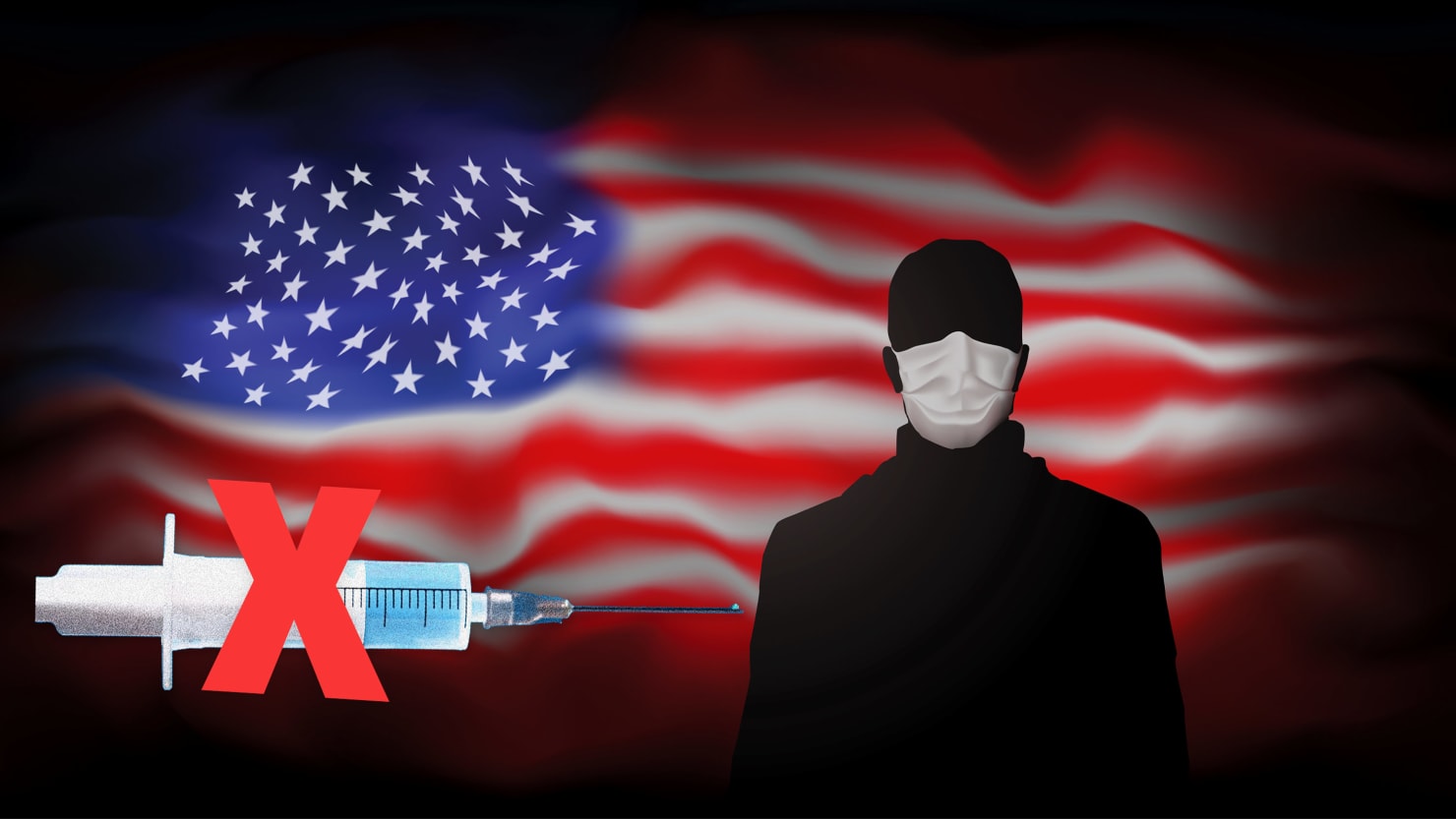A few nights ago, a relative sent a text message about the concerns of his friends at work with the COVID-19 vaccine. The message suggested that colleagues thought it was not worth getting the vaccine because epidemiologists say that even vaccinated people can still transmit the virus.
In other words, the thought was, if a vaccine doesn’t guarantee you and everyone around you total immunity, what’s the point?
This relative and his friends were all young essential workers who had been prioritized for vaccination. But the answer to their skepticism was simple: get the vaccine as soon as possible.
Here’s why.
Our best tool for controlling the new coronavirus is our own immune system. The basic problem is that our immune system needs to see the virus that causes COVID-19 to learn how to protect us. Vaccines solve this problem by allowing our immune system to see what the virus looks like before we get infected, so it can learn how to fight it. Booster vaccines – both vaccines authorized in the United States require one – work like exercise, helping the immune system to further improve its ability to fight the virus.
Through an unprecedented global effort and the use of cutting-edge technologies, we have developed a vaccine against COVID-19 faster than previous generations never dreamed possible. The need to quickly reduce mortality with this new tool meant that we had to act before we knew exactly how much it would help to contain the transmission, as opposed to the disease.
Clinical trials have made it very clear that the current crop of vaccines from Pfizer, Moderna and others around the world are safe and effective against severe COVID-19 disease. But some questions remained unanswered immediately after implementation. How long would protection last? Will the vaccine prevent transmission, instead of just helping to prevent people from getting sick or dying? Will the virus evolve like the flu and cause repeated epidemics?
Because of these unknowns, the messages surrounding the vaccine have been cautious. Scientists and public health officials are reluctant to make statements about the effectiveness of a new pharmaceutical product without evidence to support it. This is particularly true because false statements, no matter how well intentioned, can undermine confidence during a pandemic that has seen the response to public health guidance being overly politicized.
Case in point: attitudes about masking.
But there is a downside to this cautious message. Lack of certainty or strong empirical evidence is often interpreted as meaning that we have evidence that something is no truth. This phenomenon is only exacerbated by voices from the anti-drug community and other public health skeptics. People can only hear that we cannot say that the vaccine does not prevent transmission, and not that it is merely because we are waiting for the evidence to arrive, or that most experts would be shocked if it did not at least have any effect on preventing infection.
Likewise, cautious public health advice aimed at preventing unintended tragedies, such as the warning to continue social distance and take precautions even if vaccinated, often end up increasing skepticism about vaccination.
The result is often that people do not understand why they should be vaccinated.
These are not skeptical about vaccination or antivaxxers who normally oppose vaccination. Instead, they are concerned, caring people concerned that they are denying a high-risk protective vaccine to someone at high risk, or taking a new medical product for little benefit to themselves and others.
It is critical that we get the message out to these people about how we believe the vaccine is likely to work based on their underlying biology and what the emerging evidence tells us about the vaccine’s effectiveness and safety.
That message is this: Based on the performance of similar vaccines, the fact that asymptomatic people may be less likely to transmit coronavirus and a rapidly growing body of direct evidence from trials and campaigns, we are confident that vaccination against COVID -19 reduces the chances of transmitting the virus. It may be that protection against transmission is considerably less than protection against serious illness, but at this point, it would be beyond shock if there were no impact.
The evidence points to a natural immunity that lasts for many months, although reinfection is possible (especially after mild illness). The vaccine is likely to provide a similar extent of protection, although this is less clear. More importantly, even if protection is not permanent, whether due to decreased immunity or new variants of the virus evolving to escape increasing human immunity, subsequent infections are likely to be less severe for those whose immune systems have had a chance to learn a little about the virus.
Critically, even though the effects of vaccines on the transmission of COVID-19 are imperfect and temporary, vaccination will still lead to massive reductions in the number of cases if – and only if – there is wide acceptance of vaccines by the general population. This is the safest way to return to a place where we can all participate in the simplest office parties, dinners and conversations that we so desire.
So, when you have the opportunity to be vaccinated, take advantage. It will make all of our lives better.
